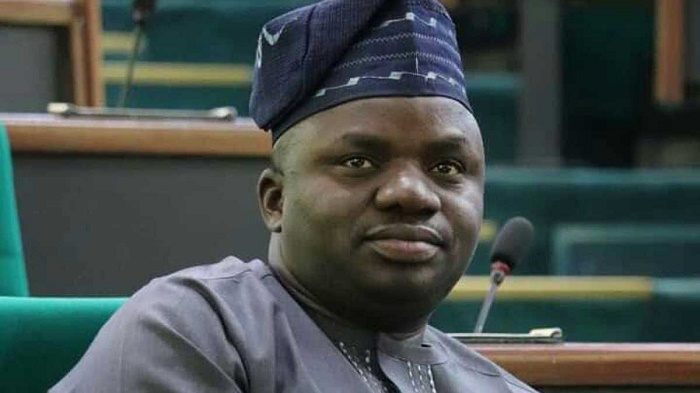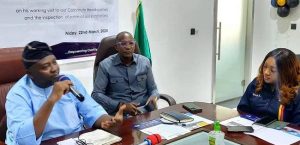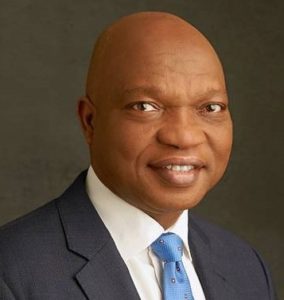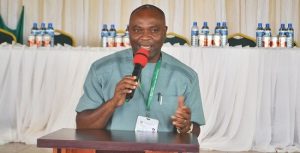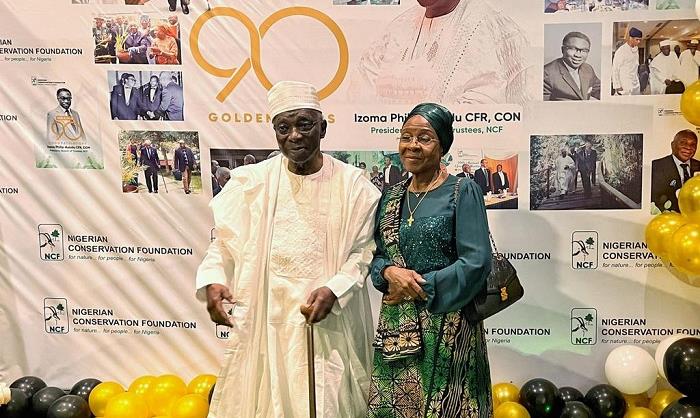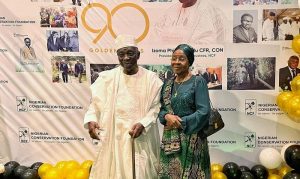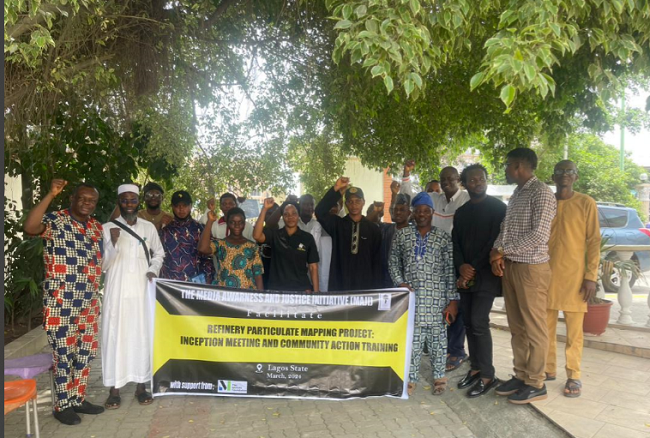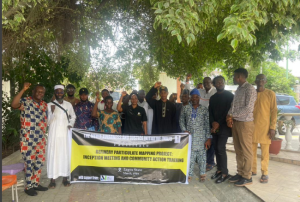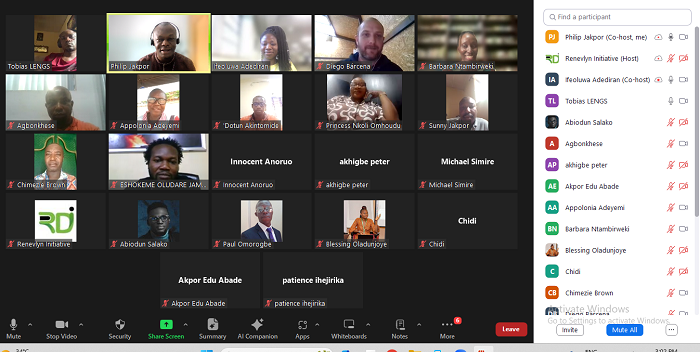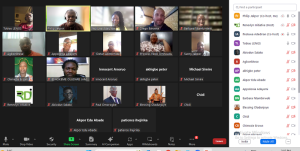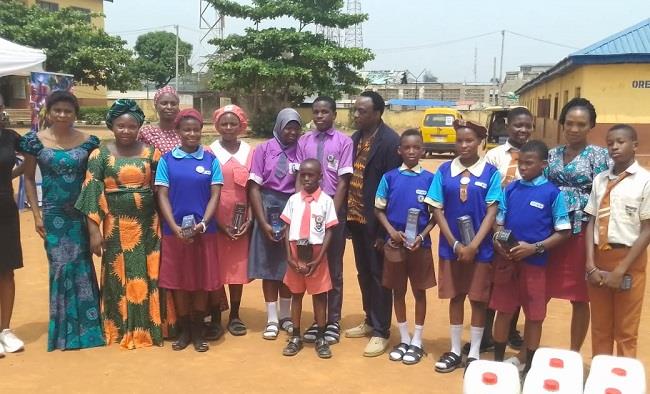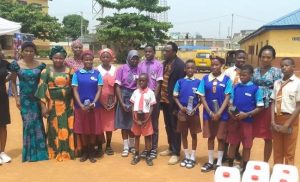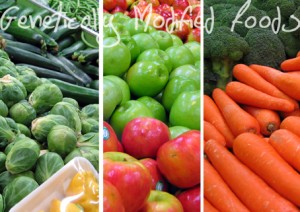National Coordinator of the African Parliamentary Network on Climate Action, Solomon Maren, has admonished the Nigerian government to embrace adequate and long-term planning backed by robust policy implementation to accelerate Nigeria’s oil and gas transition.

Maren spoke as Guest of Honour at a workshop jointly organised by the Centre for Climate Change and Development, Alex Ekwueme Federal University (CCCD, AE-FUNAI), and the World Resources Institute (WRI) in Washington, DC, to present findings from a report conducted on Nigeria’s Just Transition: Implications of Oil and Gas on the Nigerian Economy. It held on Thursday, March 21, 2024.
The research team, under the leadership of Professor Chukwumerije Okereke, Director, CCCD-AEFUNAI, calculated the revenue loss and job implications of the oil and gas transition in Nigeria for the first time. The research highlighted that the oil and gas industry is facing increasing economic, environmental, and social pressure, which raises significant questions regarding the sector’s stability and long-term future. While the research stated that the oil and gas sector plays a major role in Nigeria and a number of other low- and middle-income countries’ economies in terms of generating substantive revenue and employment, it noted that the long-term future of the sector is in significant doubt due to the ongoing global transition to the green economy.
During his intervention at the workshop, Maren stated that a core requirement for getting things right with regards to Just Transition is effective long-term planning, saying that “a nation that fails to plan plans to fail.”
Maren said if the predictions that crude oil price will go as low as $25 per barrel by 2050/2060 are compared with the quantum of revenue being generated in Nigeria today, Nigeria may not have enough resources to run the affairs of the country, hence the need to critically assess the current status and act on what needs to be done to guarantee the long-term sustainability and economic prosperity of Nigeria.
Maren said one of the key issues hindering Nigeria’s development is the huge amount of recurrent expenditure in comparison with capital expenditure. He decried the situation where over 25 agriculture institutes operate with a recurrent budget of about N2 to 3 billion per annum but a capital budget of not more than N120 to 150 million, and said it was not a wonder why these institutes are not able to conduct research to improve varieties of crops using modern technology.
Maren lamented the proliferation of the Nigerian energy economy with solar panels imported from China and asked boldly that the Nigeria National Agency for Science and Engineering Infrastructure (NASENI), which was set up in the last 25 years to produce solar panels, be handed over to willing investors to elevate it to a more viable enterprise for the production of solar panels for distribution to other countries in Africa to increase Nigeria’s manufacturing base in the clean sector, boost employment, and increase GDP.
“This is the beginning of our own transition; it should start with what we have,” Maren added.
Maren commended the Centre for Climate and Development and the World Resources Institute for the pathbreaking research and for providing policymakers with concrete recommendations to escape the current inertia or “Do Nothing” scenario, and he called on the government to engage with the recommendations of the research to help drive Nigeria’s sustainable future.
By Gboyega Olorufemi, Senior Policy Analyst, CCCD-AEFUNAI

